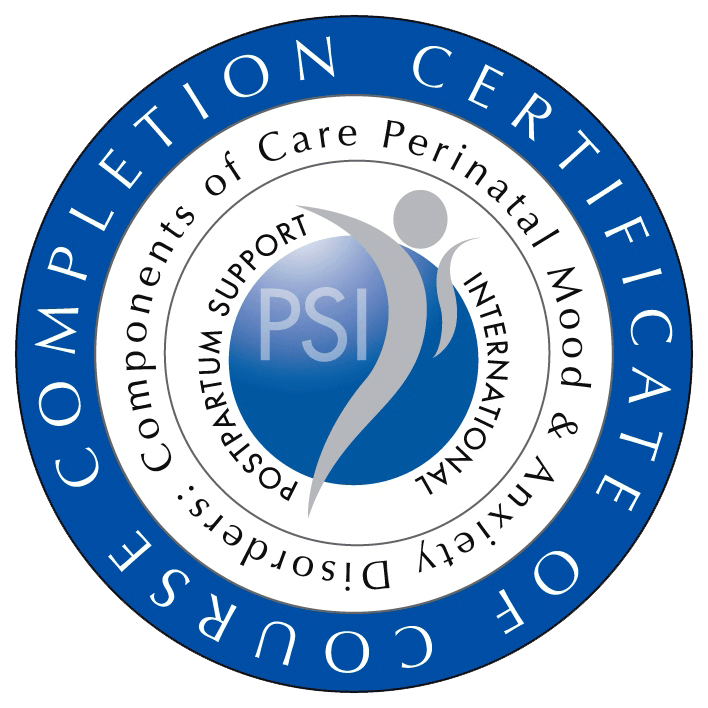Anxiety is a universal emotion, meaning that everyone experiences that gut-wrenching feeling from time to time. However, just because it’s common does not mean it can’t be overwhelming. When anxiety becomes persistent, it takes a toll on mental and physical health. While there are many treatment options available, such as medication or therapy, some people may prefer to explore more natural methods for managing their anxiety.
1. Deep Breathing Techniques
It may sound simple, and a bit stereotypical, but do not underestimate the power of taking a few deep breaths. When you’re anxious, your breathing often becomes shallow and rapid, which can cause hyperventilation. Deep breathing helps activate your parasympathetic nervous system, which is responsible for relaxation.- Try this breathing technique: A 4-second inhale (nose), a 7-second hold, and an 8-second exhale (mouth). Repeat as many times as you need.
- Practice diaphragmatic breathing, which focuses on breathing deeply from your abdomen rather than your chest.
- Set aside 5 to 10 minutes a day to work on breathing exercises. Practicing and getting used to them can make it easier to implement in times of high stress.
2. Regular Exercise
Physical activity is one of the best natural remedies for anxiety. Exercise releases endorphins, the body’s natural “happy hormones,” which can significantly improve your mood.- Aim for a half hour of moderate exercise, such as walking, riding a bike, or swimming, most days of the week.
- Activities like yoga and tai chi combine movement with mindfulness, making them particularly effective for reducing anxiety.
- Even short bursts of activity, like a 10-minute walk, can help alleviate anxious thoughts.
3. Balanced Diet
What you eat has a direct impact on your mood and anxiety levels. A diet rich in whole, unprocessed foods can help stabilize blood sugar and support brain health.- Add foods rich in omega-3s to your diet, like salmon, walnuts, and flaxseeds, to boost brain health.
- Magnesium-rich foods, including spinach, almonds, and avocados, help calm the nervous system.
- Try to avoid excessive caffeine, high sugary foods, and alcohol, as these can trigger or worsen anxiety symptoms.
4. Mindfulness and Prayer
Mindfulness and prayer are powerful tools for managing anxiety. Mindfulness helps you focus on the present moment and prayer redirects your attention off of the anxious thoughts and on to the Lord. These practices reduce the tendency for the anxious mind to dwell on distressing thoughts and improve your ability to manage stress.- If you are new to the process, download a guided mindfulness app or research exercises online.
- Mindfulness practices can be used throughout the day. Focus on your senses—for example, when eating, try to place all the flavors in your mouth; or when you’re walking, what can you smell? See? Hear?
- Practice gratitude journaling, which encourages positive thinking and focusing more on what went well throughout your day.
5. Sleep Quality
Poor sleep and anxiety often go hand in hand. Lack of sleep can heighten anxiety, while anxiety can disrupt sleep patterns. It creates a vicious cycle.- A consistent sleep schedule is important. Aim to go to bed and wake up at the same time every day.
- Create a bedtime routine that includes a relaxing activity, like reading a book, taking a bath, or practicing mindfulness techniques.
- Limit screen time use at least an hour before bed to ensure your sleeping space is comfortable and distraction-free.
6. Nature
Spending time in nature can actually have a soothing effect on your mind and body. The natural environment helps reduce stress hormones and fosters a sense of peace.- Take regular walks in parks, forests, or along the beach to enjoy fresh air and sunlight.
- Practice grounding yourself, which may look like touching the ground barefoot, to feel more connected with your surroundings.
- Add indoor plants and greenery to your home to bring a touch of nature into your space.





